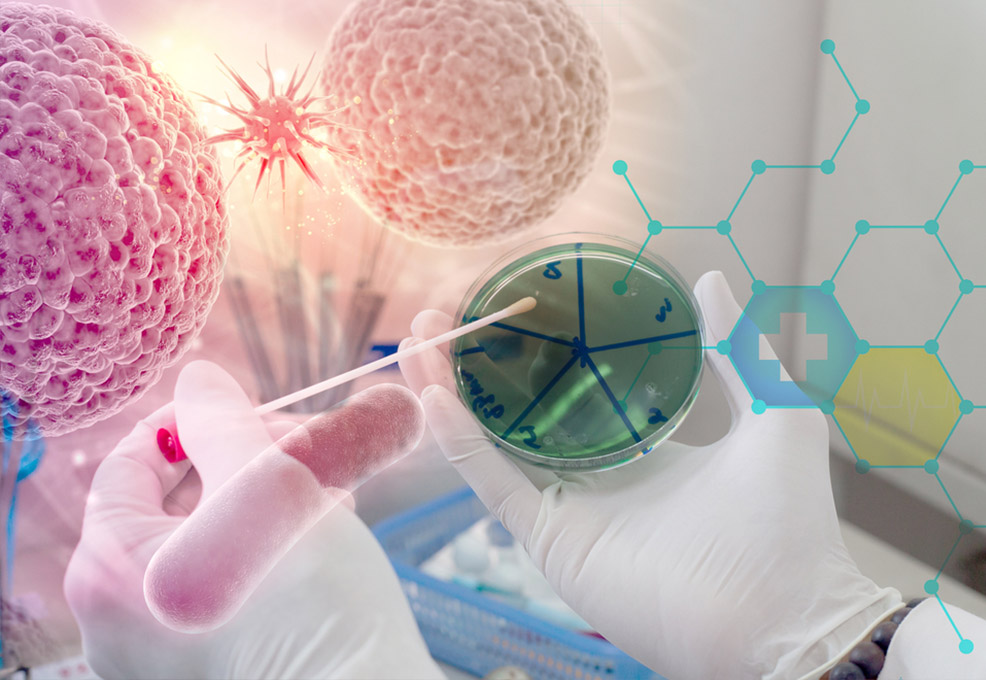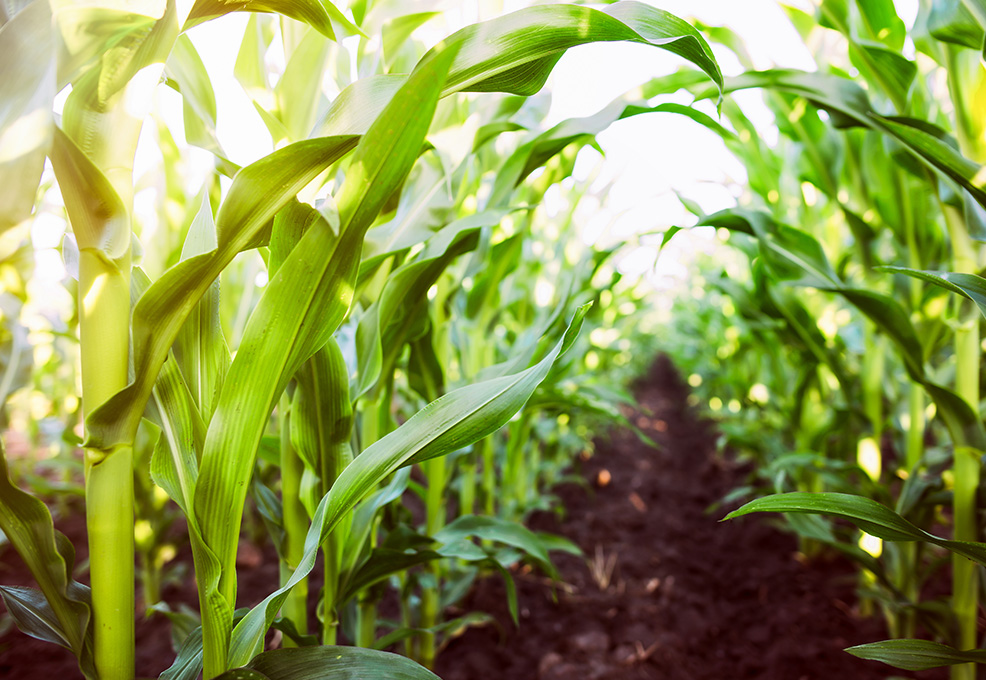Probiotic Microbiomes For Agriculture Safety And Green Gold Creation

Author(s)
Chiu-Chung YoungBiography
Prof. Dr. Chiu-Chung Young is a Chair Prof. at the Department of Soil and Environmental Sciences of National Chung Hsing University. He has received the highest honor of Academician from the Academia Sinica.
Academy/University/Organization
National Chung Hsing UniversityEdited by
Chiu-Chung Young and Shih-Yao Lin-
TAGS
-
Share this article
You are free to share this article under the Attribution 4.0 International license
- LIFE SCIENCES
- Text & Image
- March 20,2019
Discovering novel species, like exploring stars in the universe, is never an easy journey. In the past decade, however, the research team led by Chiu-Chung Young, Academician of Academia Sinica and Chair Prof. at the Department of Soil and Environmental Sciences of National Chung Hsing University, has published about 148 Taiwanese novel strains in many international journals. The study in Prof. Young’s laboratory has undertaken research to isolate microbes. The team has extracted various substances from Taiwan, such as soils, seawater and spring water, marine creatures, and plants. After screening, purifying, and preserving, the team has got more than 8,000 isolates of microbial resources, and has named hundreds of novel strains. The team has publicly uploaded important reports to the Taiwan Biodiversity Resource Network (TaiBNET) which is the largest academic collection of indigenous microbes in Taiwan. The research team also provides research, patents, and technology transfer from academia and industry groups in the fields of fertilizers, microbial pesticides, the food industry, environmental protection, and organic waste treatment to contribute to the global demand for the full utilization of microbial resources in Taiwan.

Figure 1. Academician Chiu-Chung Young participating in the Future Technology Exhibition hosted by the Ministry of Science and Technology (MOST)
Discovering novel species, like exploring stars in the universe, is never an easy journey. In the past decade, however, the Soil & Environmental Microbiology and Biochemistry Laboratory research team led by Prof. Young, Academician of Academia Sinica and Chair Prof. of the Department of Soil and Environmental Sciences of National Chung Hsing University, has published about 148 Taiwanese novel strains in many international journals, including the International Journal of Systematic and Evolutionary Microbiology, Antonie Van Leeuwenhoek Journal of Microbiology, and FEMS Microbiology Letters.
Microbial diversity is the foundation of ecological conservation, and the cornerstone of living in a healthy environment. Besides, it can lead to a healthy soil environment and promote human wellness. Therefore, it is important for the government and people to focus on the issue.
Taiwan is an important treasure trove of biological resources in the world because of its subtropical location and special climatic conditions. Prof. Young’s laboratory has undertaken research to isolate microbes. The team has extracted various substances from Taiwan, such as soils, seawater and spring water, marine creatures, and plants. After screening, purifying, and preserving, the team has identified more than 8,000 isolates of microbial resources, and has named hundreds of novel strains.
The novel bacterial strains include various kinds of functional bacteria, such as plant growth promotion rhizobacteria (PGPR)*, organic waste degrading bacteria**, and pigment-producing bacterium***. Some of these novel strains are named after Formosa/Taiwan, such as Azospirillum formosense, Agaricicola taiwanensis, Bacillus formosense, Chitinophaga taiwanensis, Cohnella formosensis, Pseudomonas formosensis, and Sphingomonas formosensis.
In order to avoid the disappearance of unique biological resources from the world, novel strains should be stored in the international bioresource centers, such as BCRC (Taiwan), JCM (Japan), KCTC (Korea), LMG/BCCM (Belgium), CCUG (Sweden), CIP (France), DSMZ (Germany), and CCM (Czech Republic), and their ribosomal DNA sequences should be registered with the GenBank of NCBI. The analysis projects are numerous and the process is complex in order to determine each strain’s classification status and biosafety level, and to complete the publication of novel strains.
The team has publicly uploaded important reports to the Taiwan Biodiversity Resource Network (TaiBNET) which is the largest academic collection of indigenous microbes in Taiwan. The team also provides research, patents, and technology transfer from academia and industry groups in the fields of fertilizers, microbial pesticides, the food industry, environmental protection, and organic waste treatment to contribute to the global demand for the full utilization of microbial resources in Taiwan.

Figure 2. Transmission electron micrograph of negatively stained cells of a novel species, Castellaniella fermenti after growing in nutrient broth at 30 °C for 48 h. Scale bar 1.0 μm
STAY CONNECTED. SUBSCRIBE TO OUR NEWSLETTER.
Add your information below to receive daily updates.




